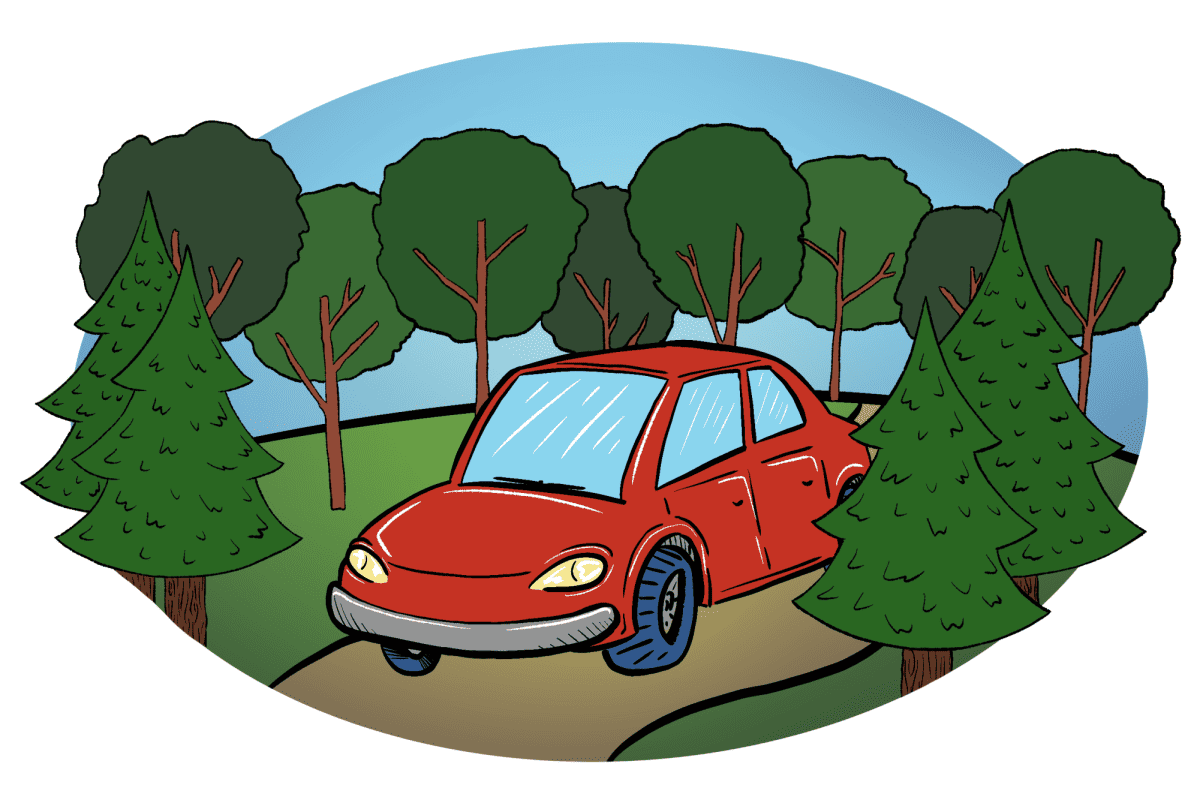Environmentally friendly transportation is a recurring theme in national headlines, especially as electric cars increase in popularity across the U.S. The University of Alabama’s EcoCAR team, which is currently competing in a four-year competition to build a functioning electric vehicle, has seized on this interest.
Madison O’Brien, a junior majoring in marketing, has been involved with the team since her freshman year.
“We are currently in year two of the EcoCAR EV challenge, where we’re working on a Cadillac Lyriq,” O’Brien said.
Year one consisted primarily of planning and designing, and the team emphasized the importance of year two in the competition.
“This year is where we take the vehicle from what rolled off the production line into our vehicle,” said Corban Walsh, a Master of Business Administration student and the organization’s project manager.
This requires removing many parts of the previous car, for example, motors, and replacing them with the team’s own. By the end of the competition’s second year, the team needs to have a functioning vehicle to be competitive.
Walsh said that in years three and four, the group will be “refining and perfecting” the vehicle.
O’Brien said the UA team has existed since 2014 and is approaching 10 years of being on campus. The team has around 90 members from various majors, although most students are studying engineering.
O’Brien said the team has had some success so far against its 12 competitors.
“In year one of the competition, Alabama placed third overall,” O’Brien said. “And the communications team, we actually placed first overall.”
The teams are scored in various ways. Each team is divided up into subteams, which compete against one another in different aspects of the competition.
Nik Collins, the organization’s propulsion controls and modeling lead and a third-year doctoral candidate in mechanical engineering, explained how the competition works.
“Throughout the entire year, we are consistently earning points through what are called ‘deliverables,’” Collins said. “It’s basically, we are submitting documents or other information throughout the year to competition that they grade and basically give us feedback on.”
In years two, three and four of the four-year competition, the teams put their vehicles through a test drive. The following week, each group provides a presentation on its recent progress and future plans. Both stages are scored and factored into the competition.
The current EcoCAR EV competition is just one of several Department of Energy-led Advanced Vehicle Technology Competitions that the University has participated in. Others include past EcoCAR challenges and the ongoing Battery Workforce Challenge.
The team has also collaborated with other UA organizations. In the fall, the group held an Earth Day cleanup event with the UA Environmental Council.
The EcoCAR team’s equity and mobility subteam is currently working with UA Adapted Athletics to establish a system of rigs or hand controls that could be integrated into the vehicle to improve accessibility.
Walsh emphasized the professional experience that his role has given him.
“It’s a fairly large project,” he said. “We have multiple paid people and a fairly good budget, so it’s a nice step between going from a club on campus into, say, a job.”
The competition is also international, as there are two Canadian teams participating, McMaster University and the University of Waterloo. O’Brien said McMaster University’s team recently visited Tuscaloosa for a small communications summit.
“We actually ended up taking the Canadian school to an Alabama basketball game,” O’Brien said.
Each semester, all teams meet for a workshop. The locations of these workshops vary; past locations include Boston and the University of California, Davis, and next month’s will be in Detroit at the American Axle & Manufacturing headquarters.
This collaborative aspect of the competition can lead to connections across different campuses.
“I’ll be honest, I’ve got a lot of close friends on opposing schools just because I’ve seen them year after a year,” O’Brien said.
Collins expressed a similar attitude about collaborating with other schools.
“The coolest thing about EcoCAR is the fact that we get a lot of interactions with other universities,” Collins said.
Those interested in joining the team can go to its website and fill out the prospective member form.









